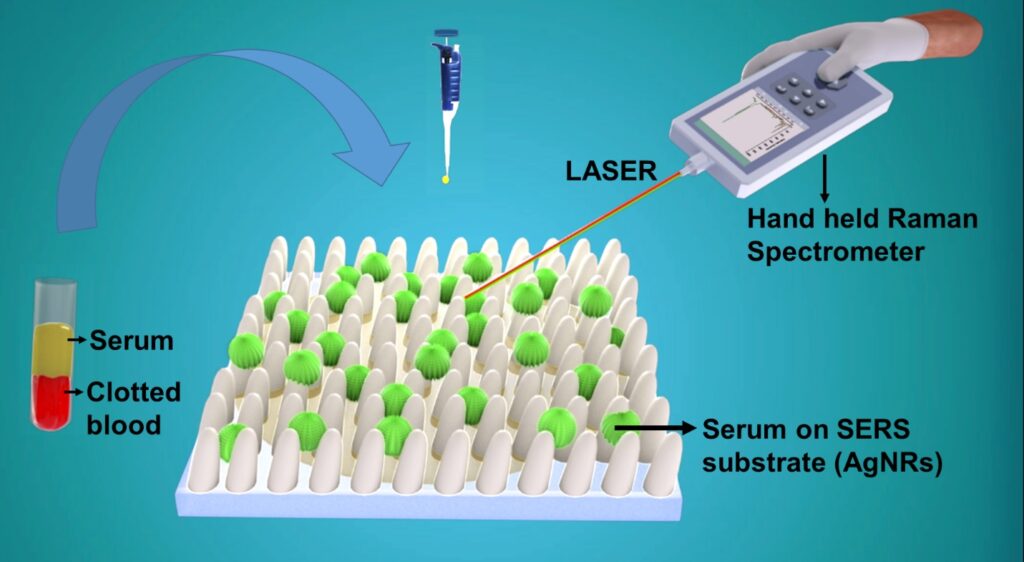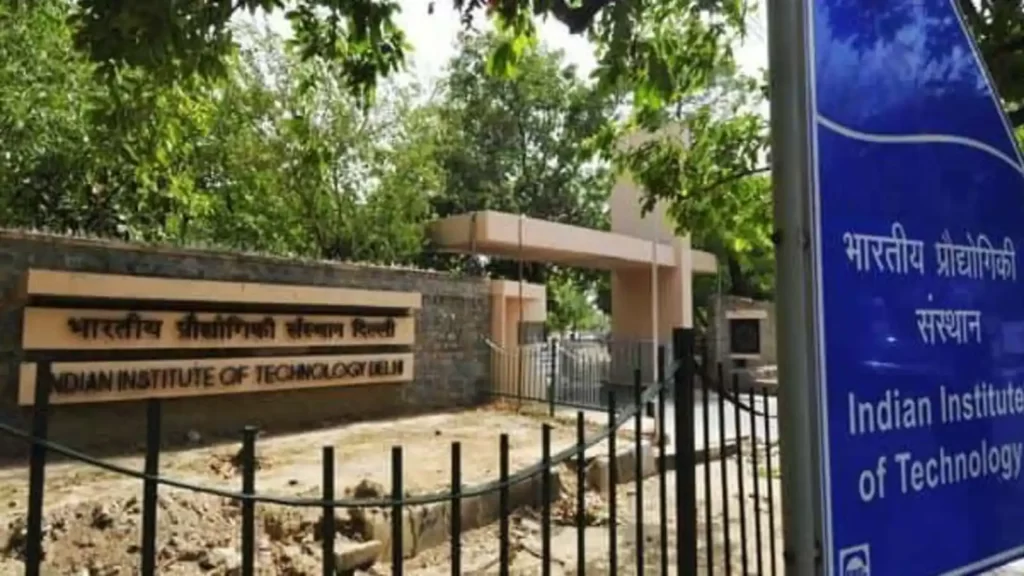Researchers at the Indian Institute of Technology Delhi (IIT-D) have successfully designed and constructed a device capable of generating electricity from various water sources, including water drops, streams, raindrops, and ocean waves. The device utilizes the triboelectric effect and electrostatic induction to produce electricity, which can then be stored in batteries for future use.
Named the liquid-solid interface triboelectric nanogenerator, the device boasts a simple structure comprised of specifically engineered nanocomposite polymers and contact electrodes. With its ability to generate a few milliwatts of power, the device proves sufficient for powering small electronic devices such as watches, digital thermometers, radio frequency transmitters, and healthcare sensors, as explained by Neeraj Khare of the Nanoscale Research Facility.

In comparison to traditional methods, this innovative device is capable of generating significantly greater amounts of electricity, making it a highly promising energy harvesting solution. The research group has already filed for an Indian patent to protect their invention.
Khare further elaborated on the triboelectric effect, a well-known phenomenon whereby charges are generated when two surfaces experience friction. This is commonly observed through the production of sparking lights when blankets or jackets are moved. Recently, it has received increased attention as a practical alternative for energy harvesting.

The project has received support from both the Ministry of Electronics and Information Technology and the Department of Science and Technology under the National Network for Research and Development of Advanced Materials.
